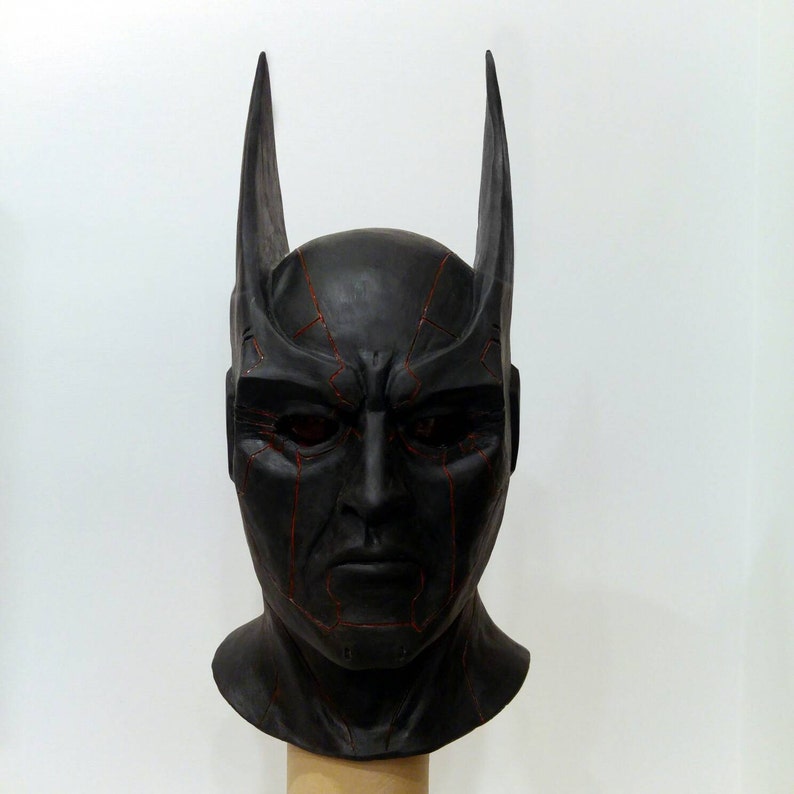

Of her initial migration, Out of the Shadow has an Written over a number of years, relatively close to the time It was first published in 1918, when she was 38 years of age.

Women experienced as they moved from an old-world to a new-worldĬohen began writing her autobiography in an English languageĬlass at the Thomas Davidson School at the Educational Alliance. Offers rich evidence of the conflicts Jewish immigrant young Later she wrote one of theīest first-person accounts we have of sweatshop work and tenement Who had emigrated from the Pale of Settlement in the RussianĮmpire a year and a half earlier. Rose Gollup Cohen came to the United States in 1892Īt the age of 12, traveling with an aunt to rejoin her father How does this story compare to the fate of women in your own family who emigrated from other countries?īy Tom Dublin, Professor of History at Binghamton University, State University of New York Why might Rose have concluded with this story rather than with a focus on her own history? Create an ending that you think might suggest what happened to Rose. The book ends inconclusively with the story of Rose's brother's success in school.Why do you believe this was so? Have there been women in your family who were involved in labor or political activism? What grievances did workers have? Did women experience different hardships than men? What did they do to improve their circumstances? How did Rose Cohen relate to these efforts? Jewish women like Rose often became trade union activists in greater numbers than other ethnic or American-born workers. Based on Cohen's account, describe sweatshop garment work on the Lower East Side.What incidents in the autobiography reveal this dimension of her personality? How do these traits express themselves after she emigrates? Even as a child Rose Cohen had a very strong sense of right and wrong and the courage to stand by her convictions.What are the similarities and differences in terms of Jews' relations with the broader societies in which they found themselves? How have you seen anti-Semitism expressed over the course of your own lifetime? Have any changes taken place? Compare anti-Semitism in Russia with anti-Semitism on the Lower East Side as described by Cohen.What does Rose learn through knowing Lillian Wald? What world does she glimpse that she hadn't known? How does this encounter change her life and values? Rose wrote: "Miss Wald comes to our house, and a new world opens for us." Wald sends Rose to a hospital "uptown," which Rose views as strange as a "different country," and Rose increasingly becomes involved in settlement life. Settlement (sometimes called the Visiting Nurses Settlement) changes Rose's life in many ways. The intervention of Lillian Wald, founder of the Henry St.How did Rose Cohen's sense of the relationship between her mother and grandmother affect her thinking when considering marriage to Israel, the Broome Street grocer to whom she was briefly engaged? What sort of change is revealed by the comparisons that Rose made in her mind?.How do gender roles and interrelations between men and women change with resettlement and accommodation for Jews on the Lower East Side?.What religious changes are evident for the Gollup family between life in Russia and on the Lower East Side? How do Rose Cohen's ideas about Gentiles change in the course of her life in the United States?.What changes in relations among generations are depicted in the book? How does immigration exacerbate the normal disturbances between parents and children? How do Rose's experiences differ from those of today's immigrants? Rose's account suggests several areas of change for Russian Jews in the course of the immigration process. Starting life in the new country disrupted many older habits of behavior, beliefs, and relationships.How is Rose Gollup (then Cohen) made aware of her Jewishness in the Pale of Settlement? On the Lower East Side? Why does she observe of life on the Lower East Side that "on the whole we were still in our village in Russia?" How does her Jewishness evolve over the course of time?.Cohen's first-hand account of tenement life and sweatshop labor on the Lower East Side, replete with generational and interreligious conflicts, sheds light on the immigrant generation's heartaches and longings.

Out of the Shadow: A Russian Jewish Girlhood on the Lower East Side was written by Rose Cohen, another relatively anonymous Jewish woman who also believed that her personal story was worth preserving. By Rose Cohen with Introduction by Thomas Dublin


 0 kommentar(er)
0 kommentar(er)
